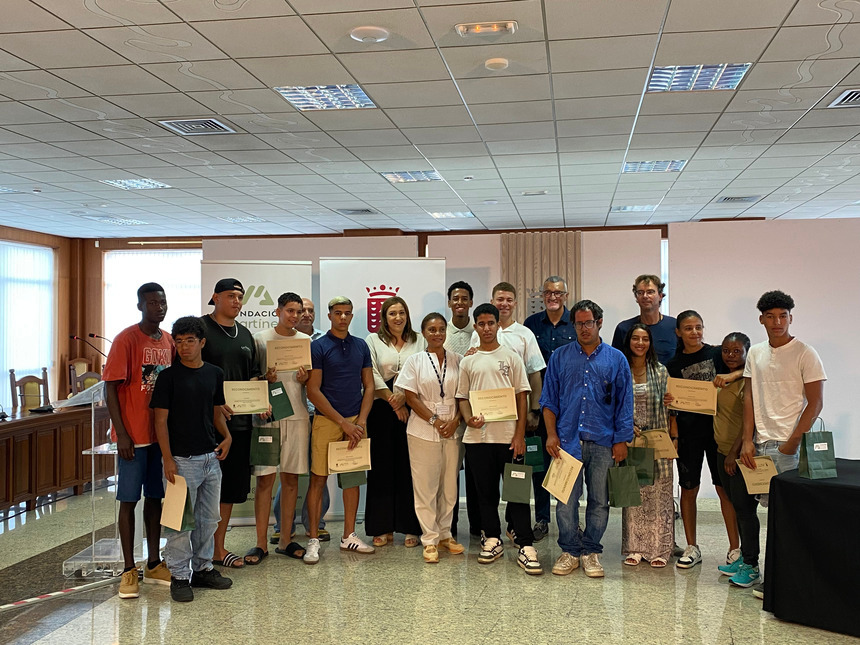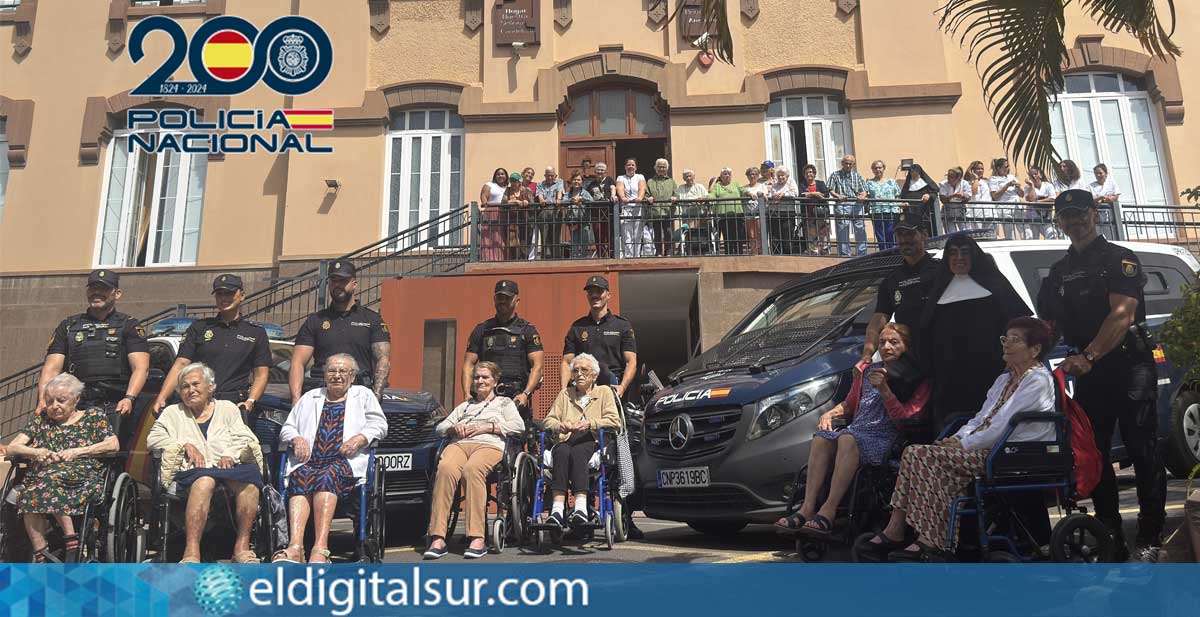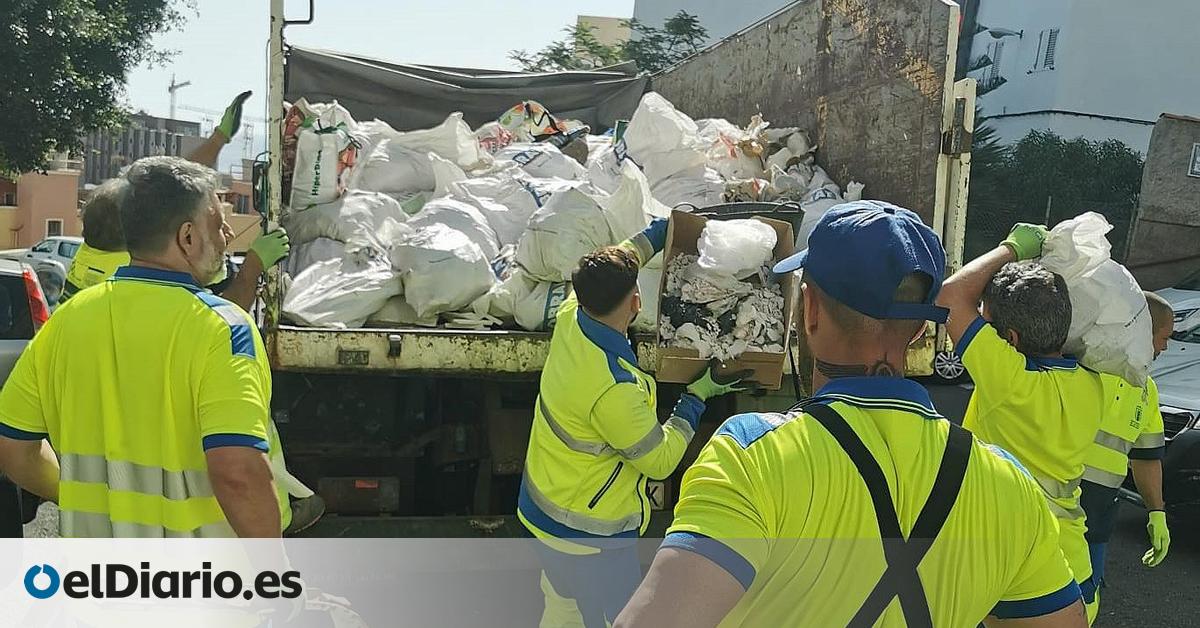
Lanzarote’s Council Completes Successful Organic Agriculture Training Programme
The Cabildo of Lanzarote has successfully concluded the training programme in organic agriculture and sustainable gardening, titled “Raíces de Cambio”, aimed at young people at risk of social exclusion.
In collaboration with the Fundación Canaria Martínez Abolafio, the course involved 14 students from various centres across the island, including Hogar La Alegranza and the youth centres in Tinajo, Mácher, and Yaiza, as well as Trib-arte.
New Opportunities for Vulnerable Youth
Social Welfare Councillor Marci Acuña emphasised the “value of this experience” in a press release on Friday, stating that the course “demonstrates that we can create new life opportunities for young people in vulnerable situations.” He also highlighted that “we have enabled them to acquire practical knowledge linked to the agricultural tradition of Lanzarote.”
Additionally, Marci Acuña noted the social impact of the programme, saying, “thanks to this course, young people from different centres across the islands, with very diverse realities, have shared learning experiences and the chance to feel like active members of our community.”
Empowering Young Minds
Catalina Martínez, president of the Fundación Canaria Martínez Abolafio, explained the course dynamics, stressing the need to provide these students with tools to foster greater autonomy.
The programme, targeting men and women under 30, individuals at risk of social exclusion, and young people previously under care, comprised 150 hours combining theory and practice with an ecological focus.
Participants also benefited from collaborating with various local entities and professionals, who offered them educational experiences outside the classroom.
Hands-On Learning About Local Agriculture
At the Agro-industrial Complex of Teguise, teacher Teno Osorio instructed the students on the traditional sowing method using “rofe,” a unique agricultural technique of Lanzarote. They also learned how to prepare land, use seedbeds, and adapt crops according to the season.
Practical Experiences on Farms and Natural Spaces
The students had the opportunity to explore various environments on the island that familiarised them with the realities of agriculture, gardening, and sustainable land management. Through guided visits and training sessions, they discovered the contrasts between different production models, the importance of soil care and biodiversity, as well as the value of native and pollinator species.
These experiences were complemented by practical workshops, allowing them to work hands-on with cultivation techniques, composting, and the utilisation of natural resources, while also exploring the gastronomic potential of local products.













